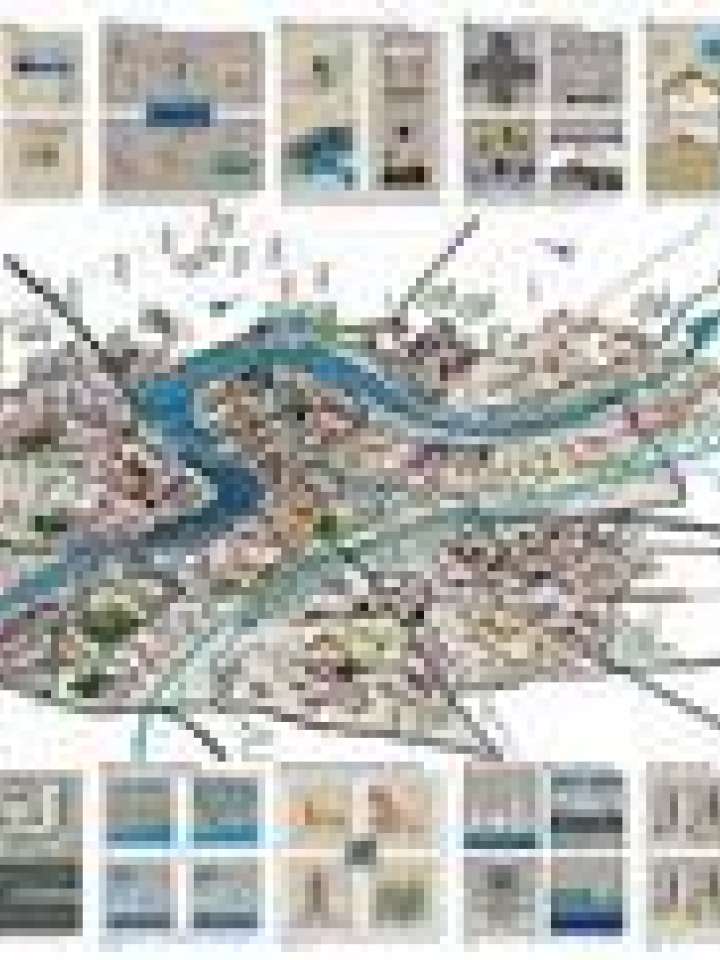Surat City Resilience Strategy
This TARU Leading Edge illustration is based on the City Resilience Strategy prepared for Surat, India. This was prepared with the aim of providing a framework for development of climate resilience for the city of Surat. It is informed by climate science/climate risk information, urban development framework, vulnerability, and anticipated risks, resource constraints, industry/economic development scenarios and most importantly, critical uncertainties. Critical uncertainty matrix was informed by extensive studies, information exchange and Risk to Resilience (R2R) workshops.
Cities are engines of economic growth. Rapid urbanisation has resulted in growing challenges to urban systems and their associated vulnerability. These challenges may possibly be exacerbated with events of extreme temperature, severe rainfall, intense cyclonic storms and extended droughts. Such climate variability and climate change may impact our natural resources, health, quality of life, and viable urban development. Considering the close interrelationship between issues of climate change, urbanisation, and poverty, The Rockefeller Foundation has launched the Asian Cities Climate Change Resilience Network (ACCCRN) with the aim to build resilience to climate change in mid-sized cities in Asia with a focus on the poor and vulnerable.
Explore further

